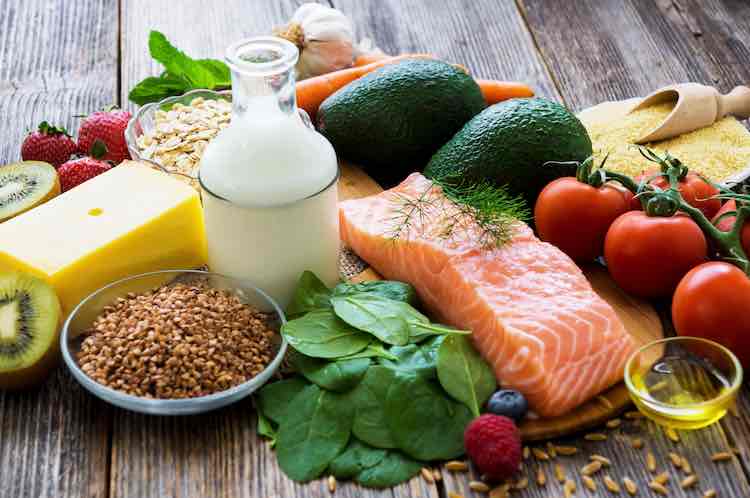Our gut bacteria play a crucial role in our health. Feed these microbes well and the digestive system will work at its peak capability. With 100 trillion bacterial cells in our gut, that is a lot of mouths to feed.
Prebiotics feed bacteria
Prebiotics are the foods that gut bacteria thrive on and it is plant foods that are the main source of prebiotics. Think of them as a ‘gut fertiliser’ to promote the growth of beneficial bacteria such as Bifidobacteria and Lactobacillus.
Benefits of prebiotics include improvement in gut barrier function, immunity and even regularity of bowel movements. Prebiotics can also help reduce the amount of potentially damaging bacteria in the gut by altering the pH, making it less of a hospitable place for the more harmful bacteria.
The benefit of a varied plant diet rich in prebiotics was strikingly shown in a recent study where people used the principle of ‘citizen science’. This novel type of research is where the public contributes to research by offering their time and own personal data for researchers to use.
People in the study paid for a kit that collected samples of their bacteria. They also answered questions on their diet. People who ate more than 30 different types of plant foods each week had much more diverse microbiomes compared to people who ate only 10 or fewer types of plant foods.
The varied plant diet eaters also showed a lower resistance to antibiotics as seen by a marker of fewer bacterial genes in their gut microbiome linked to antibiotic resistance.
The study was purely observational and relied on people opting in to take part. For those reasons, it cannot prove that it was the varied plant diet per se that was the key cause of the gut bacteria diversity, but there is a solid reason why diet should play an important role.
Implications
Eating plenty of plant foods high in fibre has many health benefits. One of these is from gut bacteria reaping the benefit for their growth with health benefits flowing on to the human host.





